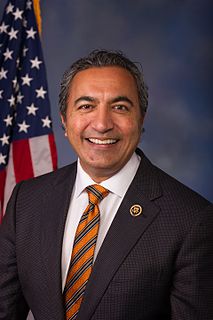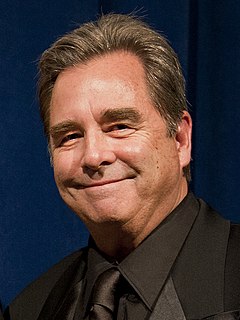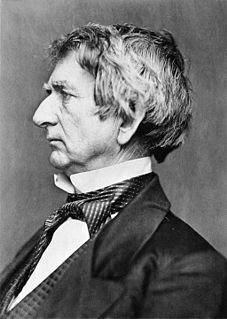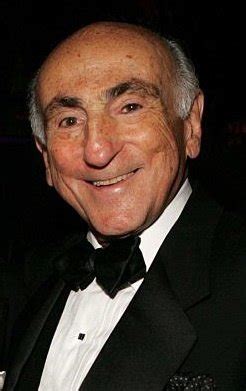A Quote by Tom Brokaw
The Warmth of Other Suns is a sweeping and yet deeply personal tale of America's hidden 20th century history - the long and difficult trek of Southern blacks to the northern and western cities. This is an epic for all Americans who want to understand the making of our modern nation.
Related Quotes
Our nation is built upon a history of immigration, dating back to our first pioneers, the Pilgrims. For more than three centuries, we have welcomed generations of immigrants to our melting pot of hyphenated America: British-Americans; Italian-Americans; Irish-Americans; Jewish-Americans; Mexican-Americans; Chinese-Americans; Indian-Americans.
The president who did the most for black Americans in 20th century history was Lyndon Johnson, and he got his hands dirty by dealing with Southern senators, Southern congressmen, horse trading with them, cajoling them, learning what not to talk about. And he got civil rights passed and Great Society programs. That should be the model. Get over yourself.
Deeply versed in history, [John Adams] said over and over that America had no special providence, no special role in history, that Americans were no different from other peoples, that the United States was just as susceptible to viciousness and corruption as any other nation. In this regard, at least, Jefferson's vision has clearly won the day.
The different American experience of the 20th Century is crucial because the lesson of the century for Europe, which essentially is that the human condition is tragic, led it to have a build a welfare system and a set of laws and social arrangements that are more prophylactic than idealistic. It's not about building perfect futures; it's about preventing terrible pasts. I think that is something that Europeans in the second half of the 20th century knew in their bones and Americans never did, and it's one of the big differences between the two Western cultures.

































